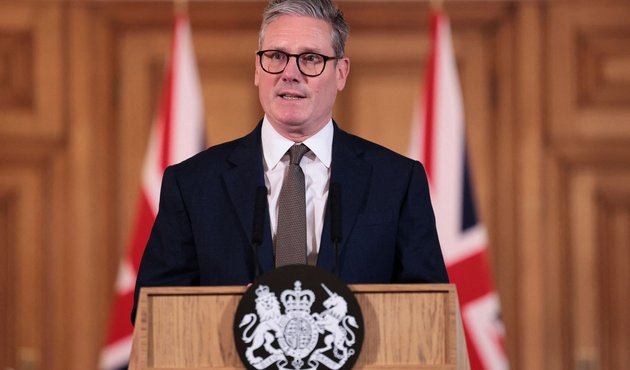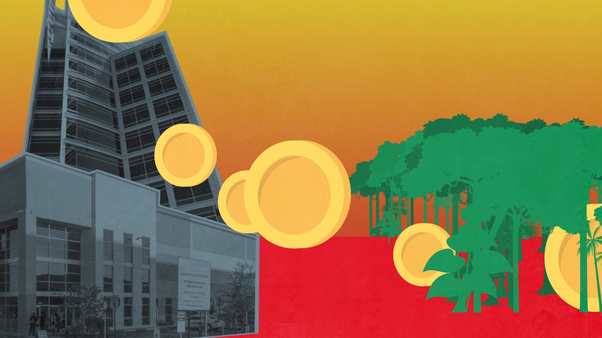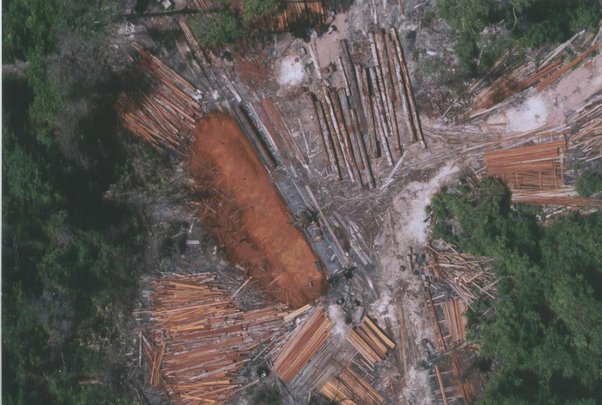Addressing the UK’s outsized contribution to global deforestation must be a priority for the newly elected British government
The UK last week welcomed a new Labour government, who won with a pledge to restore the country’s climate leadership and tackle what they have called a “nature emergency” at home and abroad.
If they are serious about this ambition, then ending the UK’s contribution to global deforestation must be a day-one priority.
The Labour Party’s manifesto explicitly acknowledges that the country needs to deliver its own domestic targets to be able to show credible leadership on the world stage again.
The UK brokered a world-leading global commitment to halt and reverse deforestation by 2030 at COP26 – now it’s time to live up to it.
British voters care deeply about deforestation and protecting nature. More than 60,000 people marched in London last month to call for new rules that make big businesses contribute to nature and climate recovery, and most British people say the UK is doing too little to tackle nature loss.
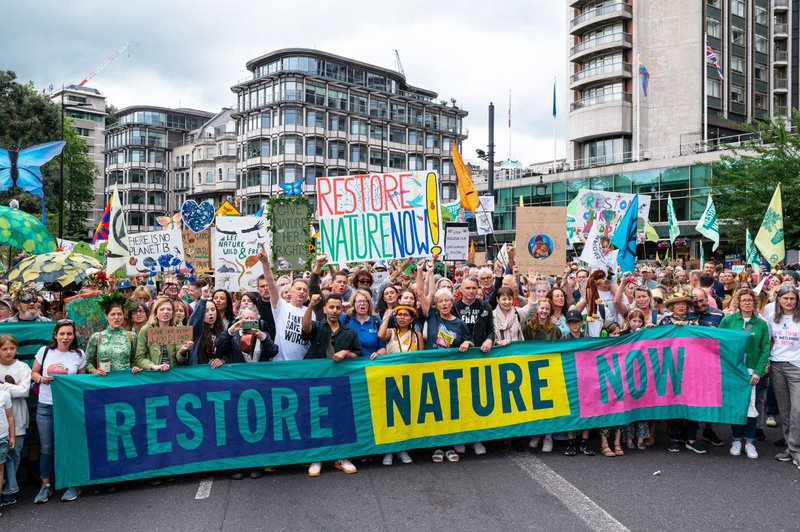
More than 180 of the UK’s scientists have urged the government to prioritise the country’s contribution to global nature loss, as well as domestic challenges like water pollution.
We’re calling on the government to deliver a deforestation-free UK economy in three steps:
1. Make the target to halt and reverse deforestation and biodiversity loss by 2030 legally binding
While the UK’s net zero by 2050 goal is already in law, there is currently no equivalent for the country’s more imminent target to halt and reverse biodiversity loss by 2030.
Putting this date in law will hold the government accountable to its nature ambitions and stop important decisions and policies being kicked into the long grass yet again.
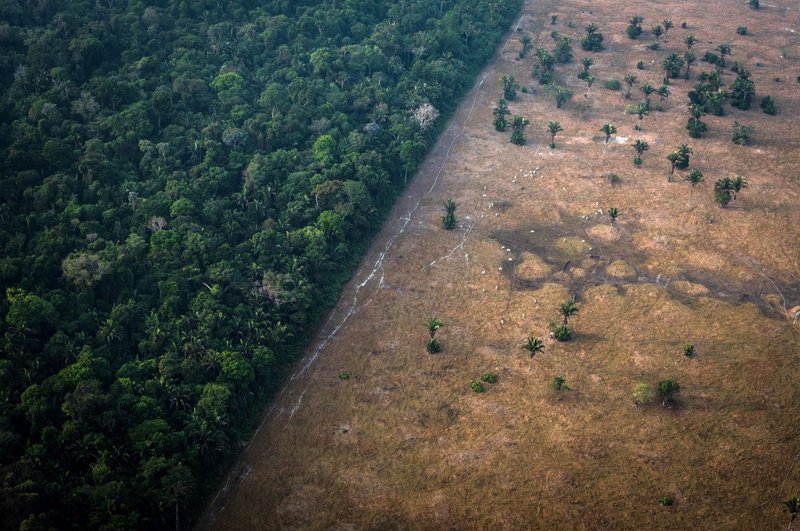
2. Get deforestation imports off UK supermarket shelves for good
According to our research with Trase, the UK’s imports have contributed to the loss of an area of forest almost twice the size of Paris since the last government delayed the introduction of Schedule 17 of the Environment Act, a law passed in 2021 to stop illegal deforestation-linked imports.
This is likely to be a significant underestimation of the total forest destruction linked to UK consumption of so-called "forest-risk" commodities.
This delay means that deforestation-linked beef, palm oil and chocolate are still reaching the shelves of British supermarkets.
And by dragging our feet on this issue, the UK is not only enabling the destruction of irreplaceable ecosystems but also helping to drive up food prices and increasing the risk of extreme weather and climate-related disasters.
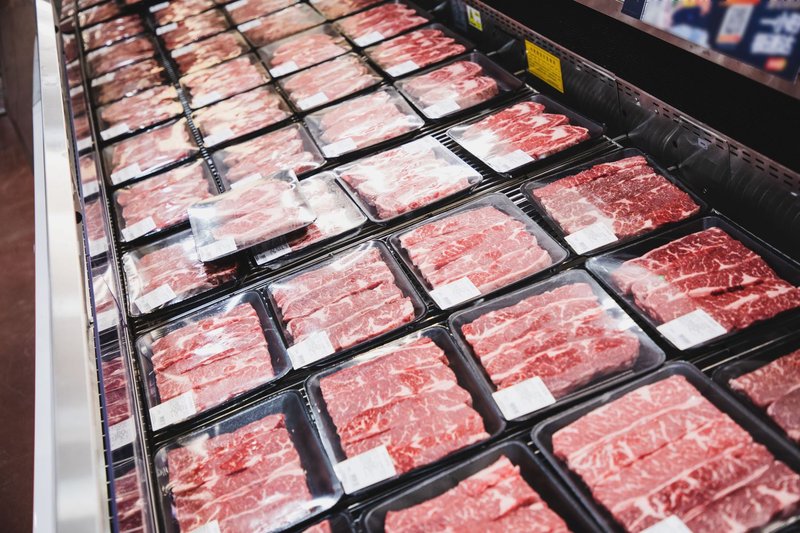
Clearly, we need to get protections for forests and local communities in place as soon as possible. But with so many delays holding back the UK’s plans already, we also need a law that works properly from the outset.
Earlier this year, the Environmental Audit Committee (EAC) – a cross-party body that scrutinises the government’s climate plans – urged the government to improve the new deforestation due diligence duty before it’s introduced.
They recommended that the UK’s law should cover all deforestation – not just illegal deforestation – and provide stronger human rights protections from the outset.
Our evidence showing that one person is killed every other day defending the environment worldwide shocked MPs.
An approach that tackles all deforestation – not just that which is illegal – would offer crucial protection for local communities facing land grabs, who already struggle to enforce their rights on paper and prove illegal actions against them.
It’s much easier to see whether deforestation has taken place or not using satellite data alone than it is to prove that the clearance was illegal.
Last year we showed that US food giant Cargill directly purchased soy from farms in Bolivia where more than 20,000 hectares of forest have been razed since 2017. The below slider shows the scale of forest cleared on one farm between 2017 and 2022.
It is estimated that at least 74% of Bolivia’s deforestation for agriculture is likely illegal – but while satellite data is helpful for identifying deforestation, it remains tricky to prove the illegality of these clearances from a desk.
We need to stop this forest loss urgently to meet climate goals, which is why the UK's law should cover all deforestation – not just those we can prove are criminal.
1000s of hectares of forest were cleared in the Mennonite colony of Nuevo Mexico between 2017 and 2022.
And it’s not just campaigners who want the government to act.
In December last year, British supermarket giants such as Tesco, Sainsbury’s and M&S wrote to the then-Prime Minister calling for the UK to match the EU’s deforestation law, which requires businesses to ensure local communities are not subjected to human rights abuses within their supply chains, whether the deforestation was illegal or not.
The EU’s law also requires businesses to collect traceability information about the land on which their goods are produced, which helps to ensure claims about sustainable sourcing are accurate and verifiable.
This type of data will enable the authorities to check for deforestation in a cost-effective way, like the slider above.
We think the UK must require businesses trading in the UK to collect this data too, because without traceability data the UK’s law will do little to stop forest loss in practice.
3. Stop British banks funding deforesting companies
Finally, Labour needs to look beyond trade to tackle the UK financial sector’s role in financing global deforestation too.
While the UK is suffering from a nature crisis at home, around half of the country’s financial risk related to biodiversity loss originates from UK investments in industries threatening nature overseas
In fact, the impact of biodiversity loss is as much of a threat to the UK economy as climate change. Research shows nature loss linked to deforestation could cause a 12% hit to the country’s GDP – larger than the impact of the global financial crisis or COVID-19.
Our research found that British banks and asset managers provided around $16.6 billion to some of the world’s worst deforesting companies from 2016 to 2020. This made the UK the third biggest investor in those companies, behind only China and the United States.
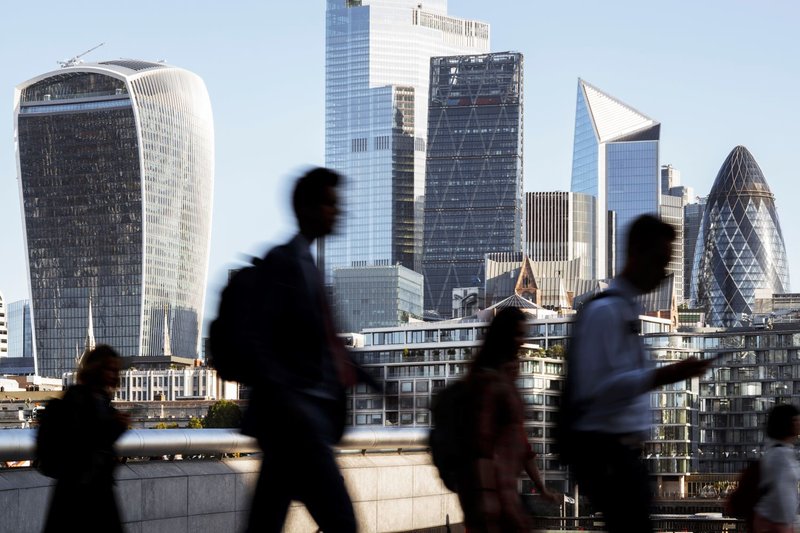
And a recent report by Greenpeace with Global Witness found that the UK remains a huge provider of financial services to companies that are endangering ecosystems worldwide.
The UK has already pledged to make sure finance protects instead of harms nature by 2030, as a part of the Global Biodiversity Framework – known as the “Paris Agreement for nature”. Later this year, world leaders will convene to review their progress towards this goal.
This makes an upcoming Treasury review of deforestation finance a major opportunity for Labour to show it can live up to its promise to restore nature and make the UK the “green finance capital of the world.”
Labour were instrumental in achieving this review. Last year, they and the Liberal Democrats defeated the government in a vote to introduce a new law to stop British financial institutions funding deforesting businesses.
They need to stand by this position and ensure their manifesto pledge to make big businesses produce climate transition plans – a type of strategy for how they will reach net zero – include mandatory targets to become deforestation-free too.
We’re not alone in this belief. Financial institutions representing more than £2.7 trillion backed our campaign for a new due diligence law, calling for a regime change where no one is profiting from deforestation.
Labour can use its bold promises of climate leadership to make this a reality. There will be no end to the nature emergency and climate crisis unless the UK stops fuelling global deforestation.
